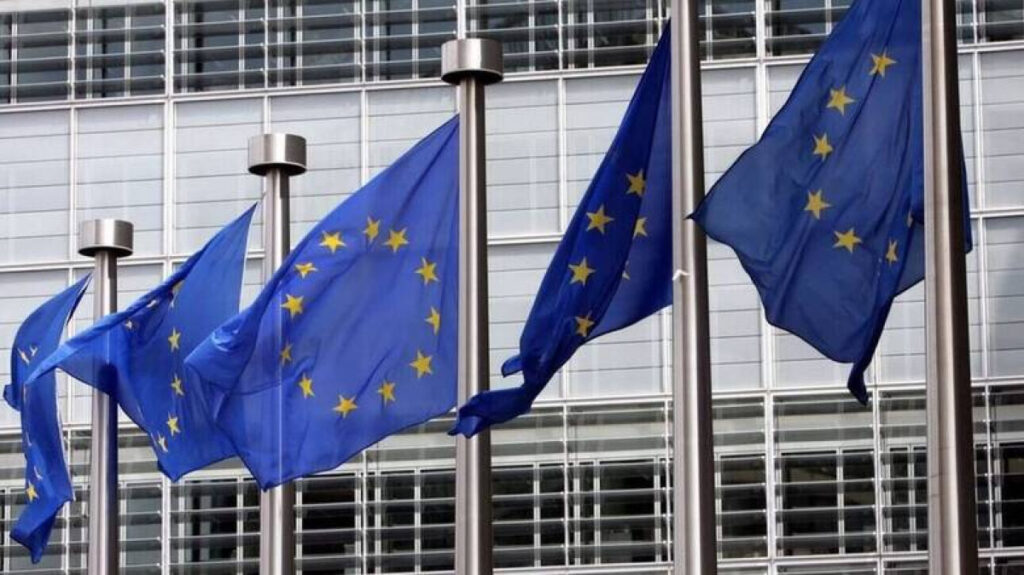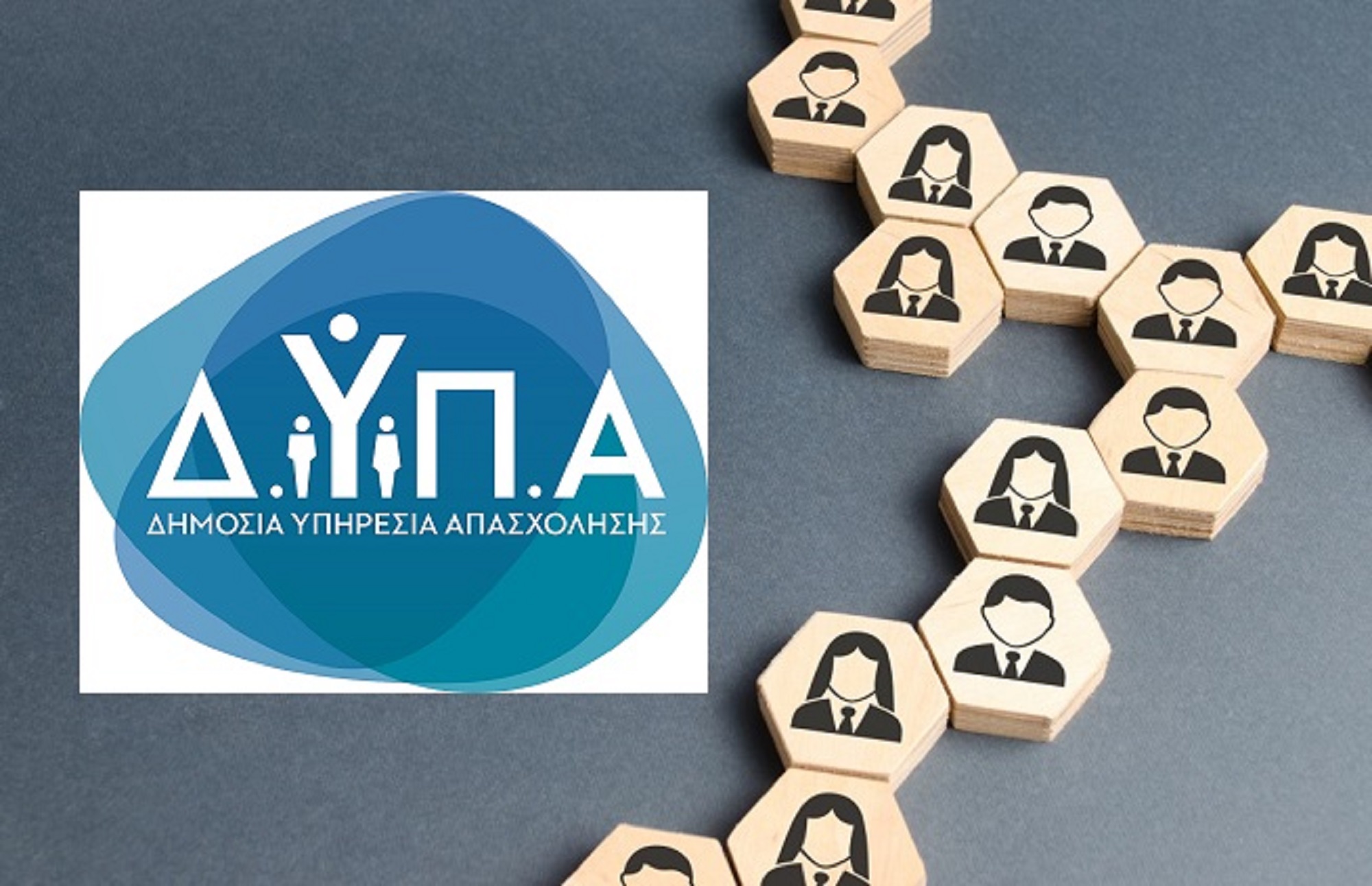
The European Commission has adopted a Temporary Framework to allow Member States to make use of the full flexibility under State aid rules to support the economy in the context of the COVID-19 outbreak.
Together with many other support measures that can be used by Member States under existing State aid rules, the Temporary Framework allows Member States to ensure that it remains sufficient liquidity available for businesses of all kinds and to maintain the continuation of economic activity during and after the COVID-19 outbreak.
Executive Vice-President Margrethe Vestager, in charge of competition policy, said: "The economic impact of the COVID-19 outbreak is significant. We need to act quickly to manage the impact as far as possible. And we need to act in a coordinated way. This new Temporary Framework allows Member States to make use of the full flexibility under State aid rules to support the economy in this difficult period."
New Temporary Framework for State Support - Measures
Based on the article 107(3)(b) of the Treaty on the Functioning of the European Union, the State aid Temporary Framework aimed at supporting the economy in the context of the COVID-19 outbreak recognises that the entire EU economy is facing severe disorder; To remedy this disturbance, the Temporary Framework provides for five types of aid:
- direct grants, selective tax advantages and advance payments: Member States will have the possibility to put in place mechanisms to grant up to EUR 800 000 to a company to cover urgent liquidity needs;
- state guarantees for corporate bank loans: Member States will be able to provide state guarantees to ensure that banks continue to give loans to customers who need them;
- subsidised public loans to businesses: Member States will be able to grant loans to companies at favourable interest rates. These loans can help businesses to cover immediate working capital and investment needs;
- safeguards for banks channelling State aid to the real economy: some Member States plan to build on banks' existing lending capacities and use them as a means of supporting businesses, in particular for small and medium-sized enterprises. The framework makes clear that such aid is considered to be direct aid to the banks' customers and not to the banks themselves, and provides guidance on how to ensure the least possible distortion of competition between banks;
- short-term export-credit insurance: the framework provides for additional flexibility in how certain countries are demonstrated to present non-marketable risks, thus allowing Member States to provide, where necessary, short-term export-credit insurance.
Sources of funding for measures
Given the limited size of the EU budget, the main response will come from member states' national budgets. The Temporary Framework will help to focus support on the economy, while limiting the negative impact on the level playing field in the Single Market.
The Temporary Framework therefore includes a number of safeguards. For example, it links subsidised loans or guarantees to enterprises to the size of their economic activity, with reference to their wage costs, turnover or liquidity needs, as well as to the use of public support for working capital or investment funds. The aid should therefore help businesses cope with the slowdown in the economy and prepare a sustainable recovery.
The Temporary Framework complements the many other possibilities already available to Member States to mitigate the socio-economic impact of the COVID-19 outbreak, in line with EU State aid rules.
Communication from the European Commission
On 13 March 2020, the Commission adopted a Communication on a coordinated economic response to the COVID-19 outbreak outlining these possibilities. For example, Member States may make changes of general application in favour of businesses (e.g. tax deferral or subsidisation of part-time work in all sectors) which fall outside the scope of State aid rules. They can also grant compensation to undertakings for damages directly caused by the COVID-19 outbreak. This potential can be used to support sectors that have been particularly affected, such as transport, tourism, the hotel sector and retail.
The framework will be in place by December 2020. To ensure legal certainty, the Commission will assess before that date whether the framework should be extended.




